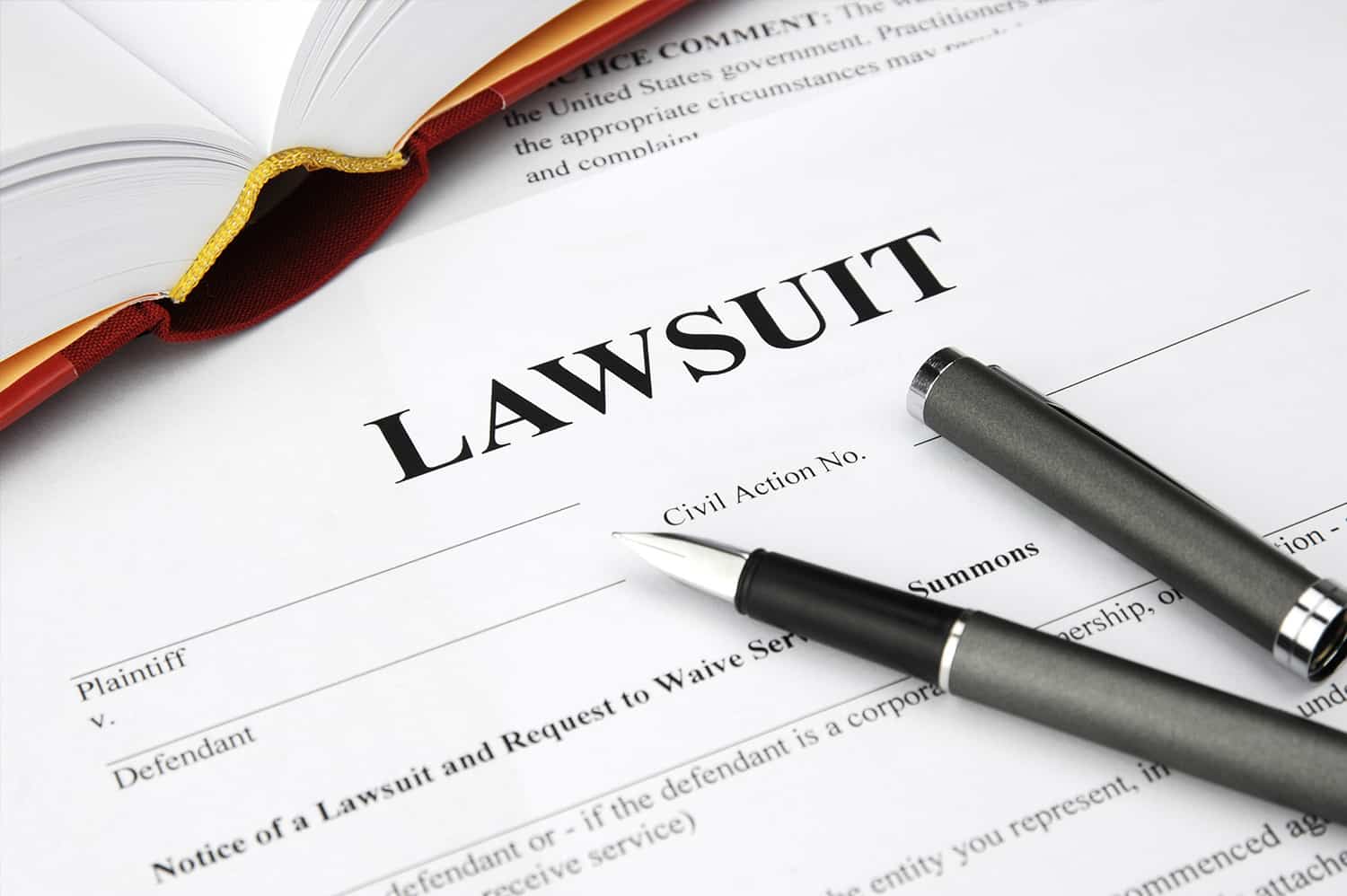It’s a frightening experience to open your door and have someone hand you a summons and complaint because a creditor is suing you. Such a lawsuit causes apprehension and bewilderment about what to do next. You must decide how to respond and determine whether or not to hire a lawyer to defend you. Unfortunately, everything from the cause of the lawsuit to possible responses revolves around money.
Examine the Summons and Complaint
Take a good look at the documents the process server gave you. They list important details for planning a response.
Know Who Is Suing You
The person or company you agreed to pay may not be the same one filing the lawsuit. A collection agency hired by your creditor may initiate the suit, or perhaps a debt buyer who purchased your debt at a steep discount has now filed a lawsuit to get money back and make a profit.
Since creditors must back up their claims with appropriate paperwork, information about the person or business suing you becomes important in planning your defense. In addition, California considers outside debt collectors assignees, and they cannot sue in small claims court.
Recognize Where and When To Respond
In California, the court system maintains a trial court in each of the state’s 58 counties. Depending on the amount owed, the complaint filed against you either originated in one of these superior courts or possibly in a small claims court if the original creditor is filing the suit.
You generally have 30 days in California to respond to the complaint by filing an answer with the appropriate court. The usual filing fee in superior court is $60, but you can request a waiver if you cannot afford the fee.
Understand the Creditor’s Demands
The complaint should list your name as the defendant and state exactly what the creditor wants. Whether you owe money for credit card debt, fees for a service such as lawn care or medical treatments, or payment for an item bought on an installment plan, most creditors list the details in the complaint:
- Amount of money owed
- Interest accrued on the amount owed
- Court costs for filing the lawsuit
- Attorneys’ fees for the collection process
Realize Why the Creditor Requires a Judgment
Since unsecured loans such as medical bills or credit cards are not backed by property, the creditor must obtain a court-ordered judgment to garnish your wages or go after your assets. You can file an answer in the allotted time stating why the court should deny a judgment against you. If you choose not to respond, or just let the time slide by, your creditor will likely receive a default judgment and take legal actions to collect from you.
Consider Your Response
You can react to this situation in several possible ways:
- Consult a lawyer to plan your next move
- Retain a lawyer to defend you in court
- Defend yourself in court
- Accept the default judgment
- Pursue another route, such as Chapter 7 or Chapter 13 bankruptcy
Always base your decision on a careful evaluation of your individual circumstances:
Total Cost of a Default Judgment
While the complaint should outline the unpaid amount you owe, the interest accrued on the debt, and the reimbursement for lawyers’ fees and court costs, remember that interest and fees may continue to grow.
Wages, Money, and Assets at Risk
California law sets a limit on the amount garnished from your wages each pay period to satisfy a judgment. Your employer must calculate this amount and turn it over to the sheriff for disbursement.
Certain types of income are exempt from garnishment:
- Public assistance programs
- Veteran’s benefits
- Social Security and Supplemental Security Income
- Unemployment compensation
- Child support
In the same way, California allows exemptions to assets a creditor can take toward a judgment.
Valid Defenses
While you may owe the debt, sometimes creditors make mistakes in collection procedures or filing a lawsuit. Perhaps the creditor figured the four-year statute of limitations to sue incorrectly, and it has already expired. The creditor may also be unable to provide the necessary paperwork to substantiate the claim. A knowledgeable attorney can come up with relevant defense strategies.
Cost of a Defense
Even if you fill out forms, file them with the court, and represent yourself during the proceedings, you still incur filing fees and lose time in preparation. You also run the risk of using the wrong forms, missing deadlines, and failing to follow proper courtroom procedures.
Hiring a lawyer avoids these risks, but attorney’s fees add up. Compare these fees against the cost of a judgment and the wages and assets you stand to lose.
Find Assistance From an Experienced Law Firm
If a creditor decides to sue, take this action seriously because it has significant and far-reaching consequences. Don’t let your time to respond slip away from you but take action by contacting the Law Offices of Brent D. George now for a free consultation. Our years of experience assisting people with serious financial issues can help you plan your best response.







